Merkel: Pace of EU enlargement depends on Balkans
German Chancellor Angela Merkel has said that she wants the process of EU enlargement in this region to be carried out at a quicker pace.
Friday, 29.08.2014.
09:22

Merkel: Pace of EU enlargement depends on Balkans
Addressing a news conference following the high-level event, Merkel said it is an important signal that all these countries are aspiring to a European perspective.She pointed to the fact that European Commission (EC) President Manuel Barroso took part in the conference, stressing that the EC is willing to help realize the great expectations of the citizens in the region.
Merkel explained that the Conference on the Western Balkans was the outcome of the German government's contemplation as to the best way to celebrate the 100th anniversary of the beginning of World War I, as well as the anniversary of the beginning of World War II and the end of the Cold War.
The fact that all eight prime ministers, foreign ministers and ministers of economy gathered today is a proof that the region made considerable progress, and the European Commission and EU members want to continue helping, she said.
Merkel underscored that the planning of the conference began even before the first hints of the actions of the Islamic State of Iraq and escalation of the crisis in Ukraine, and that the conference was organised in deep belief that there is an obligation for the Western Balkan region to join together.
It is moving to see everyone sitting together at the same table, without arguments, engaged in constructive talks about joint future, she said.
"We want to launch a process," Merkel said and added that the officials agreed to organise a series of conferences in the course of the next four years.
Merkel explained that this is a solution to a political process, noting that Belgrade and Pristina have made considerable progress and that Bosnia-Herzegovina is to tackle the challenge of government constitution after the elections, adding that she expects to see further progress in both matters.
"We have pointed to the progress in the contacts established between the Serbian and Albanian prime ministers," she said.
She also noted that several bilateral meetings between participants were staged ahead of the conference, and underscored that regional cooperation is very important, within which transport and economic projects bear key importance.
Speaking on behalf of the region, Chair of the South East Europe Cooperation Process Edi Rama expressed gratitude to Merkel for organising the historic meeting which brought everyone together for the sake of a better future.
He also expressed gratitude to Austrian Chancellor Werner Faymann on the willingness to organise the continuation of the Conference next year which, as he said, promises a continuation of the process.
This was an important moment for the Western Balkans, Rama said.
He noted that all countries demonstrated commitment to the continuation of the reform path so that they could one day become a part of the European family of nations.
At the same time, he underscored that he believes the region is important to Europe in both geopolitical and geo-economic terms.
"Realistic"
"We want to see the countries of the Western Balkans as members of the European Union, but when this will happen depends primarily on them," European Commission President Jose Manuel Barroso said in Berlin on Friday.Addressing a joint news conference with German Chancellor Angela Merkel and Albanian Prime Minister Edi Rama, Barroso said that the accession of the Western Balkan countries to the EU was a joint political, economic and geostrategic goal.
The next round of enlargement will not take place right away, and when the time for that will come depends on the pace of reforms carried out by our partners, said Barroso, adding that the enlargement process would no doubt continue.
He pointed out that the progress made by the countries in the region, especially Serbia, Albania and Kosovo* was “tangible” and the example of Croatia was a proof that membership of the EU was achievable.
Barroso pledged the EU’s full support to regional countries in the accession process. He stressed, however, that the establishment of the rule of law, regional cooperation and good management of public finances were of vital significance.
He particularly emphasized the importance of regional cooperation to the process, as it not only impacted stability and removed obstacles, but also served to improve the quality of life of ordinary citizens.
He pointed to numerous infrastructure problems in the region, particularly in the field of energy and railway network.
Barroso pointed out that the EU planned to invest over EUR 12 billion in the Western Balkans via its pre-accession funds, and one fifth of the sum was intended for regional projects.
This proves that the EU’s commitment to the region even in times of financial crisis, he said.
At the end of his speech, Barroso referred to the fact that the current year marked one hundred years since the beginning of World War I.
The EU is primarily a peace project that rests on common values, which applies to both its current and future members, Barroso said.











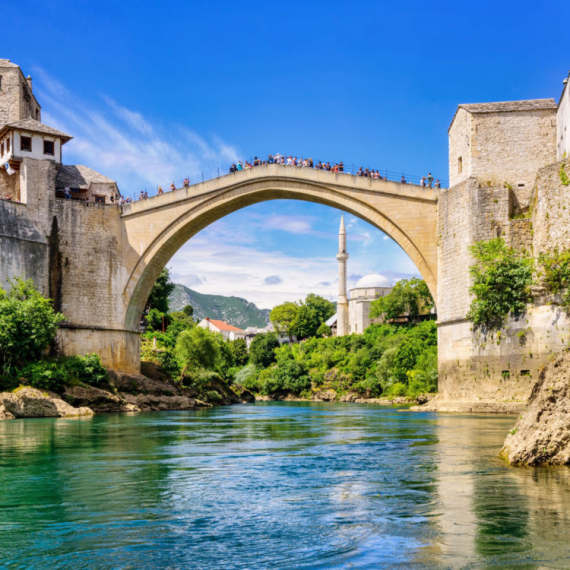


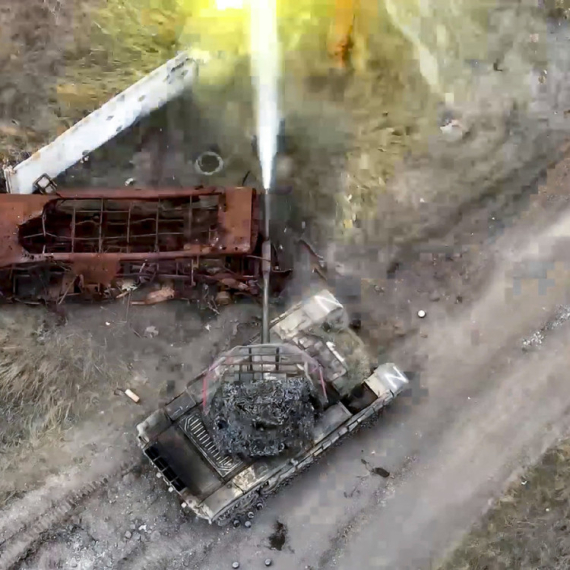


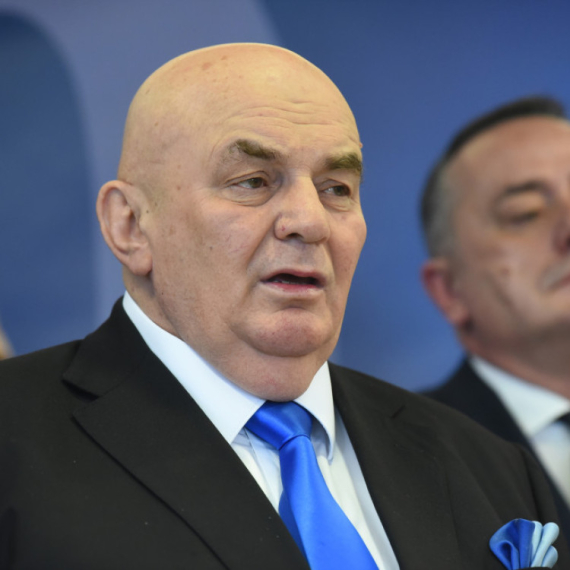












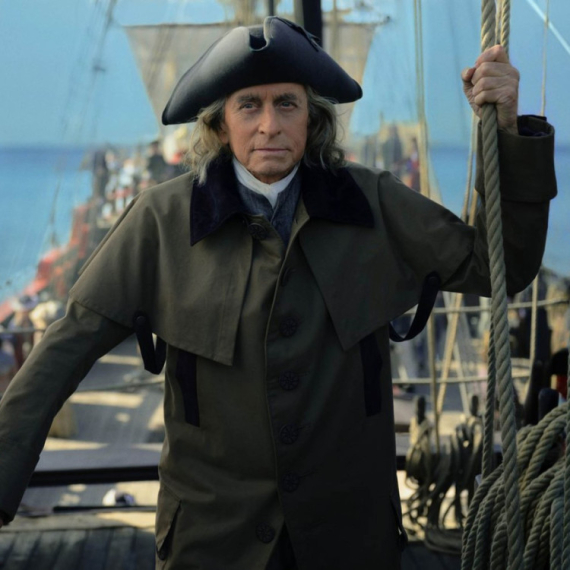










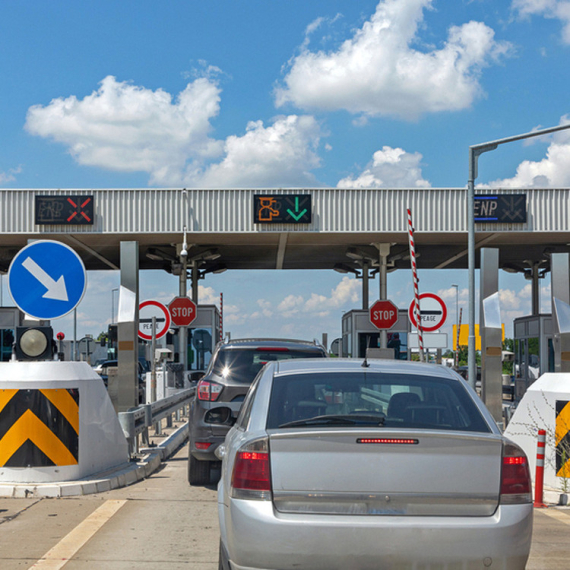
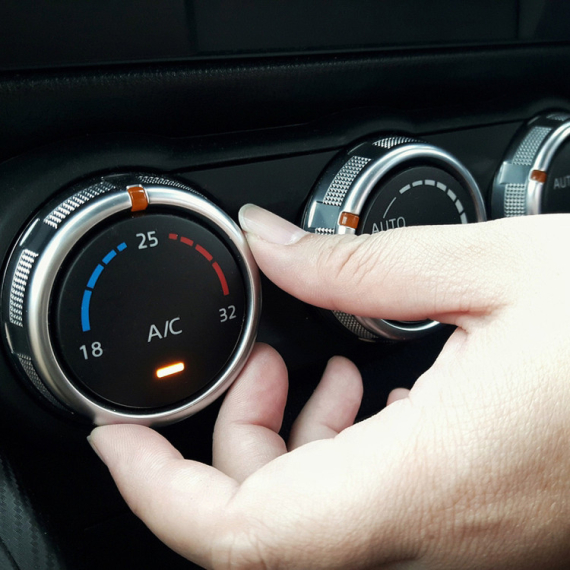




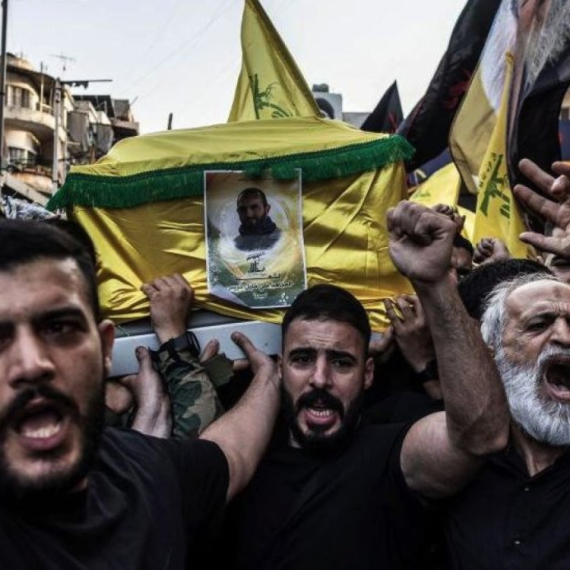

Komentari 3
Pogledaj komentare